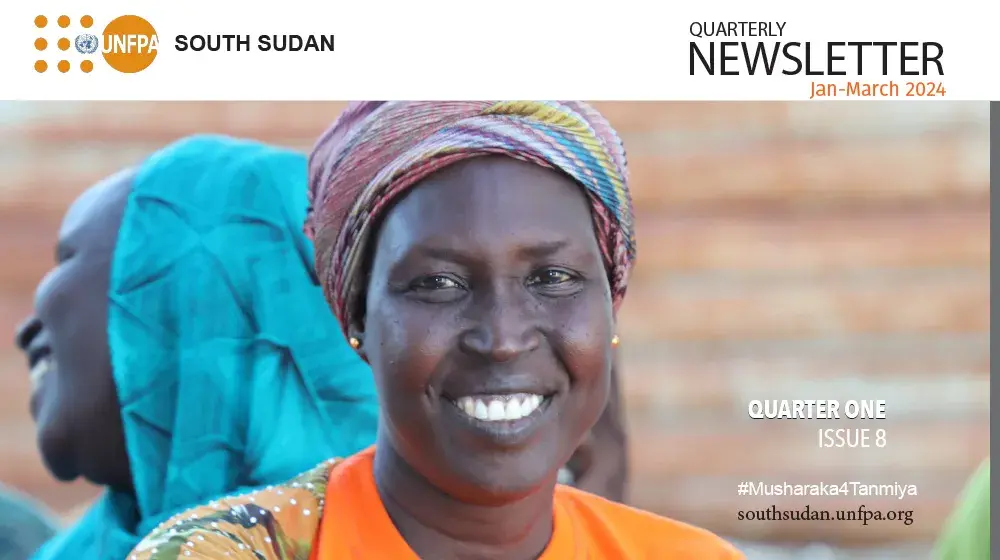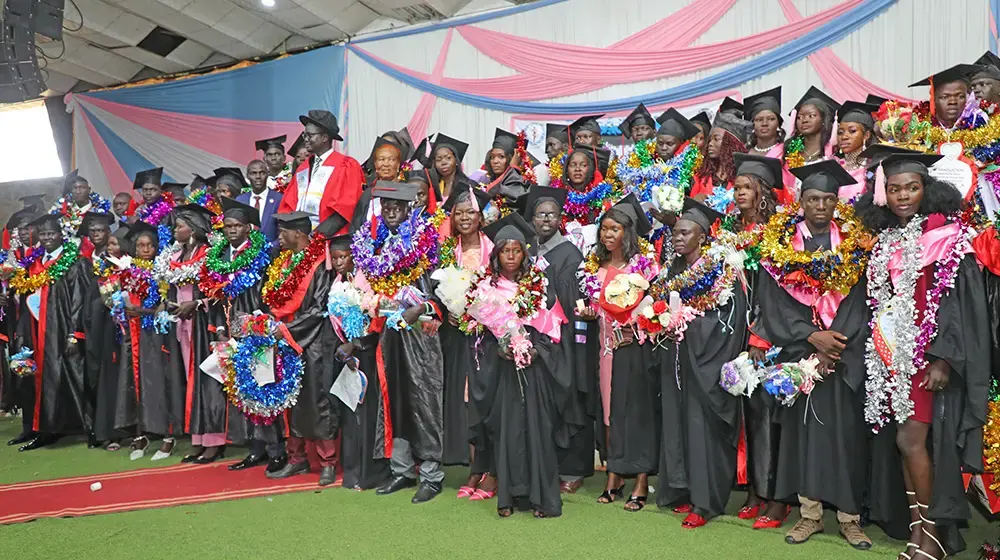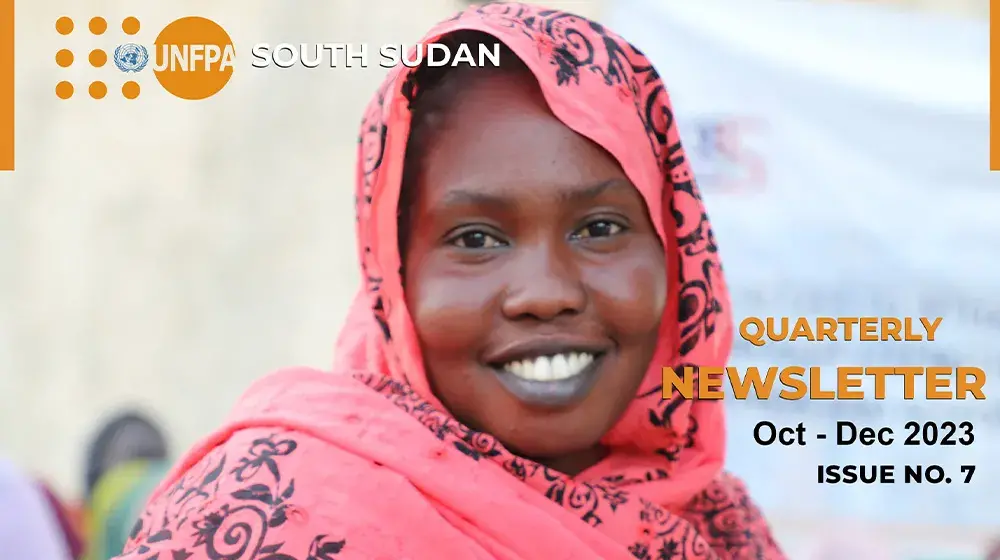Juba, South Sudan – Married and pregnant as a teenager, losing three babies during childbirth and suffering from obstetric fistula for 21 years, Rose Konga may have learned her lesson the hard way but she wants to share her story with young girls who are at risk of suffering the same fate she had.
At age 18, in 1996, Ms. Konga got married and soon became pregnant while in a refugee camp for South Sudanese in Uganda. Rose was excited and looked forward to her first-born. However, she had a miscarriage.
Three years later, back in the village of Loka West in Central Equatoria, South Sudan, she got pregnant again but motherhood remained elusive for her. At the time of delivery, she experienced obstructed labour that took hours. The untrained traditional birth attendant who assisted her could not do anything – the baby did not survive and Ms. Konga developed obstetric fistula.
Obstetric fistula is a hole in the birth canal caused by the pressure of the prolonged and obstructed labour. Since then, she leaked urine uncontrollably. In South Sudan, there is an estimated 60,000 fistula cases, which contribute to the high maternal deaths in the country.
After three years, in 2002, she got pregnant again. This time she listened to the advice of health care workers to deliver in a hospital, especially because of her existing obstetric fistula condition. On the sixth month of her pregnancy, determined to successfully deliver this time, Ms. Konga walked 25 miles with her mother to reach Yei so she can deliver at the civil hospital when it is time for the baby to come. She named her son Bidali, which literally means “replacement,” with reference to her first two unsuccessful deliveries.
“The first two experiences were devastating,” says Ms. Konga. “But I was glad I heeded the advice for me to deliver in a hospital.”
Despite the joy of finally having a child, Ms. Konga’s woes about her obstetric fistula continued. In 2012, she had a fistula repair surgery at the military hospital in Juba. However, she got pregnant soon after, which interfered in her full healing following the surgery. After giving birth to a baby girl, the uncontrollable leaking continued.
In 2018, Ms. Konga got pregnant again in 2018 and during delivery the following year, she again experienced obstructed labour and was taken to the hospital after 17 hours of labour. It was too late. The baby died during childbirth and Ms. Konga’s fistula worsened.
Just like most women suffering from obstetric fistula, Ms. Konga, who used to sell food in the market, was stigmatized for her condition. “People talked about me behind my back, no one would come near me, and I lost my only means of livelihood because no one would buy from me.”
Last year, Ms. Konga registered for a free fistula repair campaign supported by UNFPA at the Juba Teaching Hospital. However, COVID-19 happened and the surgeons who were supposed to conduct the surgeries could not come to Juba. In June, Ms. Konga raised around USD200 and went for a surgery at a private clinic.
Ms. Konga is recovering well from the surgery and looks forward to when she can resume working. “Before, I could not engage in any economic activity as people think I am dirty. Now I am ready to work again, I think I will sell mandazi (local doughnuts) to support my family,” she said.
If there was one thing she was grateful for during the entire traumatic experience, it would be the continued support of her husband, Samuel Lasu. “He could have left me but he stayed and supported me in seeking treatment,” she says.
Samuel Lasu says a husband should support his wife suffering from fistula instead of abandoning her. Being with his wife during the 21 years she had fistula, Mr. Lasu saw her suffering and appealed to government to make fistula treatment more accessible and affordable for women.
Reflecting on her life, Ms. Konga could only wish her daughters and other girls a better life, saying that education is a powerful weapon a girl can have against early marriage and early pregnancy.
“I got married at 18, far too young. My body was not fully developed to bear children. If I stayed in school, maybe things would have been different,” she muses.
“If a woman is educated, she will get good employment and be financially independent and empowered. I emphasize to my daughter and other young girls to study hard, no need to rush into marriage. With education you can delay marriage and child bearing.”
For those who are already married, she has this to say: “I encourage them to use family planning to space their pregnancies so they can take care of their own bodies.”
UNFPA partners with the Ministry of Health in conducting free fistula repair campaigns to help women suffering from the condition. For 2018 and 2019 alone, the initiative has restored the dignity of 229 women. As the COVID-19 situation improves, more fistula repair campaigns will be conducted to reach out to more women with fistula.




